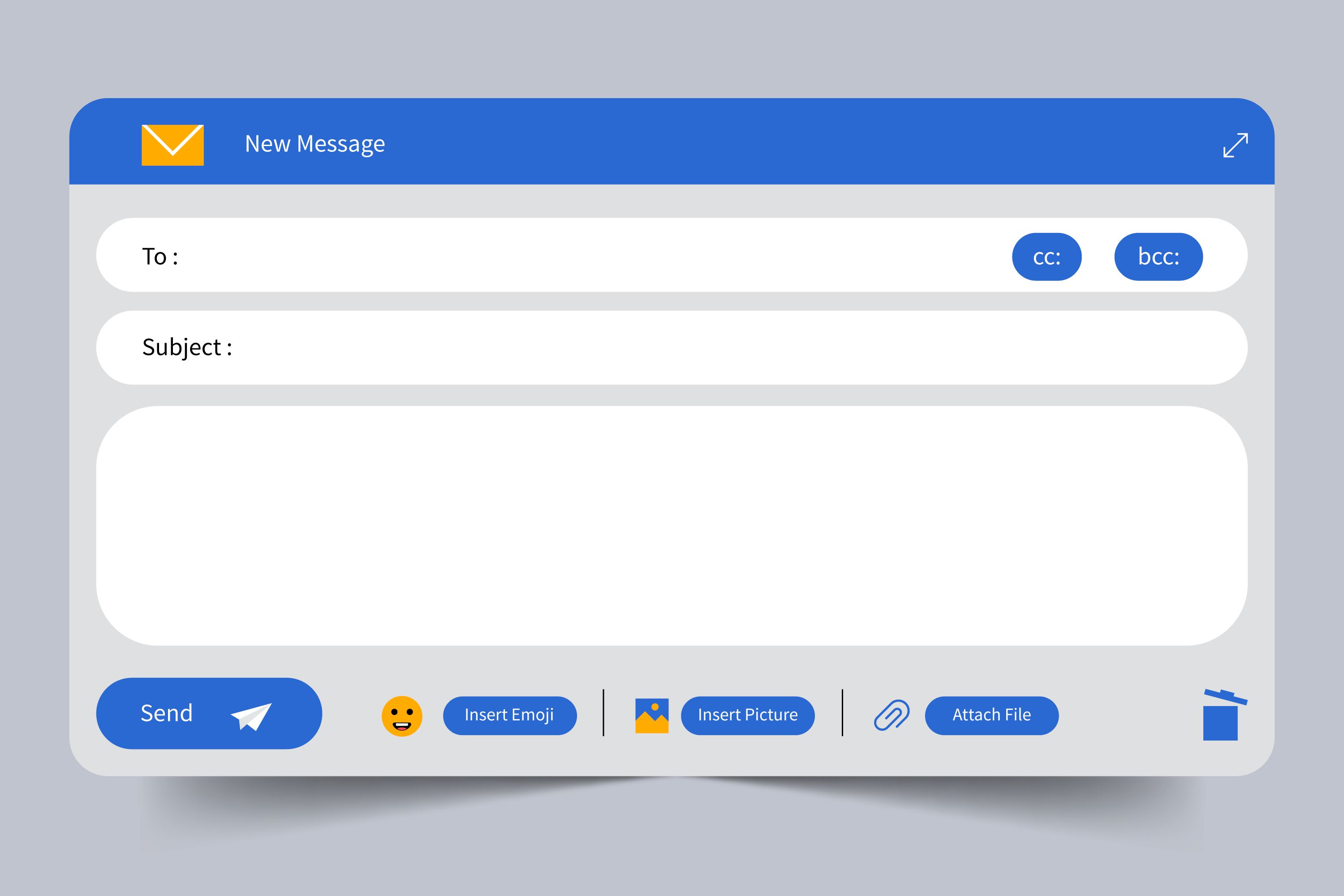Written by M-Ahmed
Tuesday, July 16, 2024 at 3:33 PM
Kubernetes, frequently abbreviated as K8s, is an open-source platform designed to automate the deployment, scaling, and operation of software containers. Originally advanced with the aid of using Google, it's miles now maintained with the aid of using the Cloud Native Computing Foundation (CNCF). Kubernetes has grown to be the de facto preferred for field orchestration, permitting developers to correctly manipulate huge clusters of containers.
Key Concepts and Components
- Containers: Containers are lightweight, portable units that package an application and its dependencies, ensuring consistency across different environments. Docker is a popular containerization platform that works seamlessly with Kubernetes.
- Nodes: A Kubernetes cluster consists of nodes. There are two types of nodes:
- Master Node: Manages the Kubernetes cluster, handling the scheduling of containers, maintaining the cluster's state, and monitoring its health.
- Worker Nodes: Execute the actual application workloads. Each worker node runs containerized applications in Pods.
- Pods: The smallest deployable units in Kubernetes, a Pod is a group of one or more containers that share the same network namespace, storage, and lifecycle. Pods are used to run a single instance of an application.
- Services: A Kubernetes Service is an abstraction that defines a logical set of Pods and a policy for accessing them. Services provide a stable endpoint for accessing a set of Pods, ensuring that applications can communicate with each other reliably.
- Deployments: Deployments are used to manage the creation and scaling of Pods. They provide declarative updates, allowing you to define the desired state of your application, and Kubernetes will automatically manage the necessary changes to achieve that state.
Benefits of Using Kubernetes
- Scalability: Kubernetes can scale applications up or down based on demand, ensuring optimal resource utilization.
- High Availability: By automatically distributing Pods across nodes and ensuring that applications are running, Kubernetes provides high availability and reliability.
- Self-Healing: Kubernetes monitors the health of applications and automatically restarts or reschedules Pods that fail or become unresponsive.
- Declarative Configuration: Kubernetes uses declarative configuration files, allowing you to define the desired state of your applications and infrastructure, which Kubernetes will maintain.
- Portability: Kubernetes abstracts away the underlying infrastructure, making it easier to deploy applications across different environments, whether on-premises, in the cloud, or in hybrid setups.
Use Cases
- Microservices Architecture: Kubernetes is ideal for managing microservices-based applications, providing isolation, scalability, and efficient communication between services.
- Continuous Deployment and Continuous Integration (CI/CD): Kubernetes integrates well with CI/CD pipelines, automating the deployment and scaling of applications, and enabling rapid iteration and delivery.
- DevOps: Kubernetes supports DevOps practices by providing tools and frameworks for managing infrastructure as code, automating deployments, and monitoring applications.
- Big Data and AI/ML Workloads: Kubernetes can manage and scale big data and AI/ML workloads, enabling efficient resource utilization and parallel processing.
Conclusion
Kubernetes has revolutionized the way applications are deployed and managed, providing a powerful and flexible platform for container orchestration. Its ability to automate deployment, scaling, and operations makes it an essential tool for modern cloud-native applications. Whether you're running microservices, integrating CI/CD pipelines, or managing complex workloads, Kubernetes offers the scalability, reliability, and efficiency needed to succeed in today's fast-paced digital landscape.






